Italian investigation claims Italian riders forced to pay to race
Teams deny any wrongdoing as Corriere della Sera reveals illegal methods
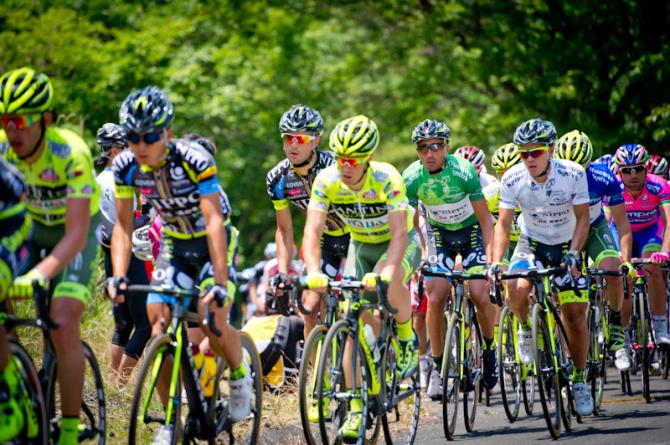
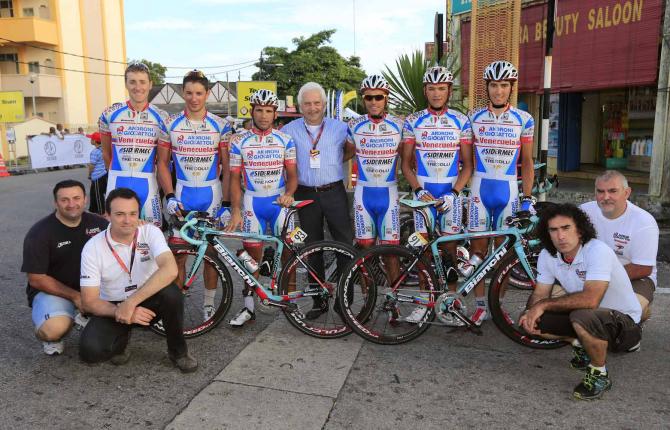
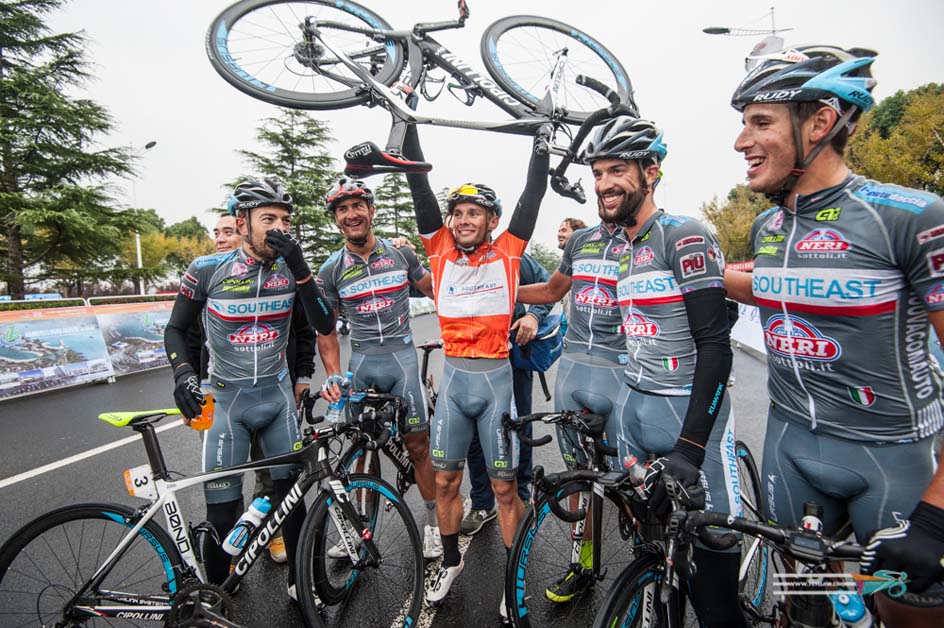
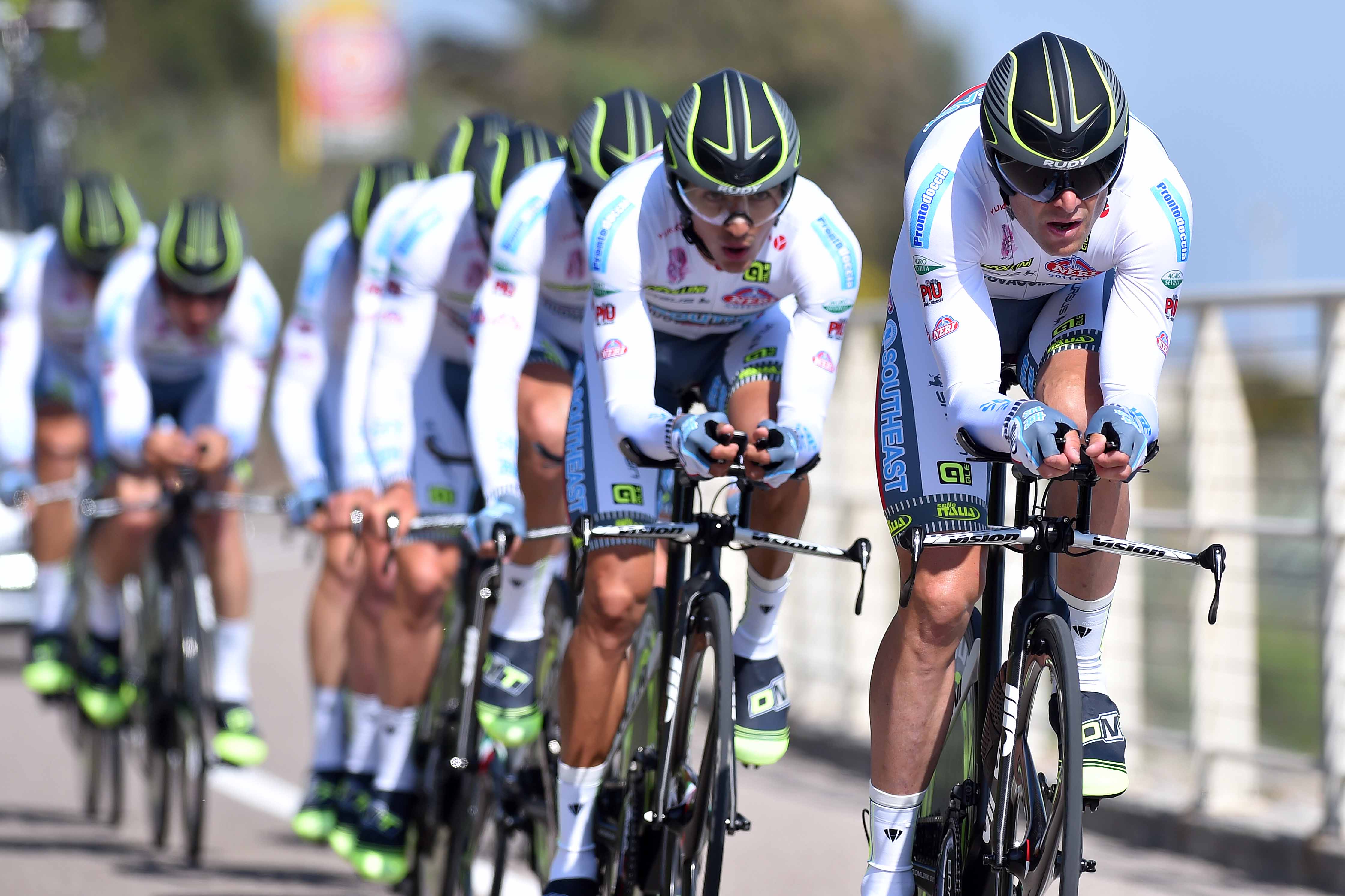
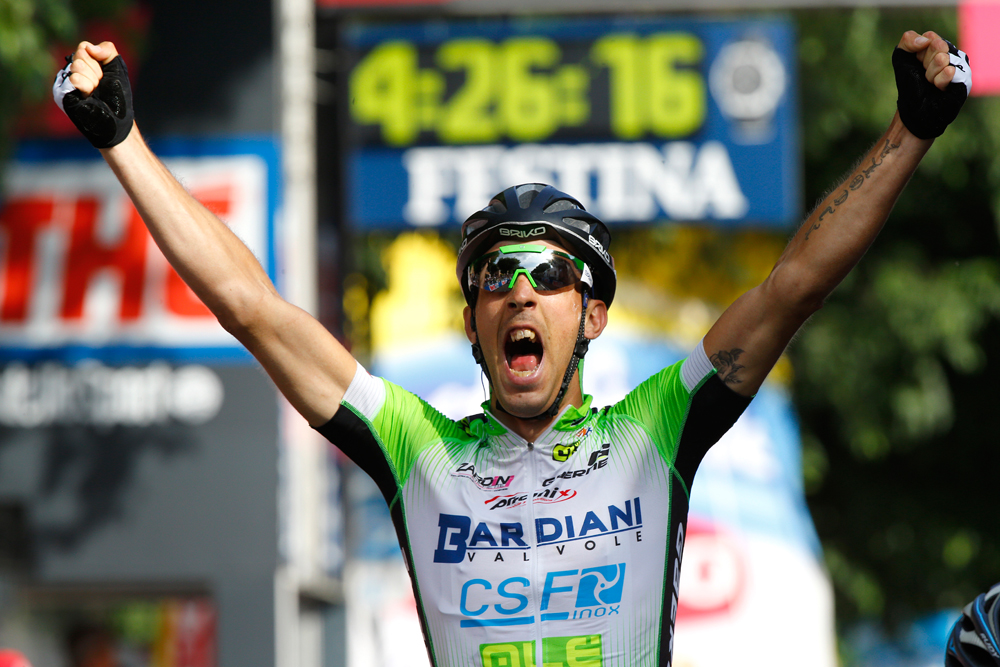
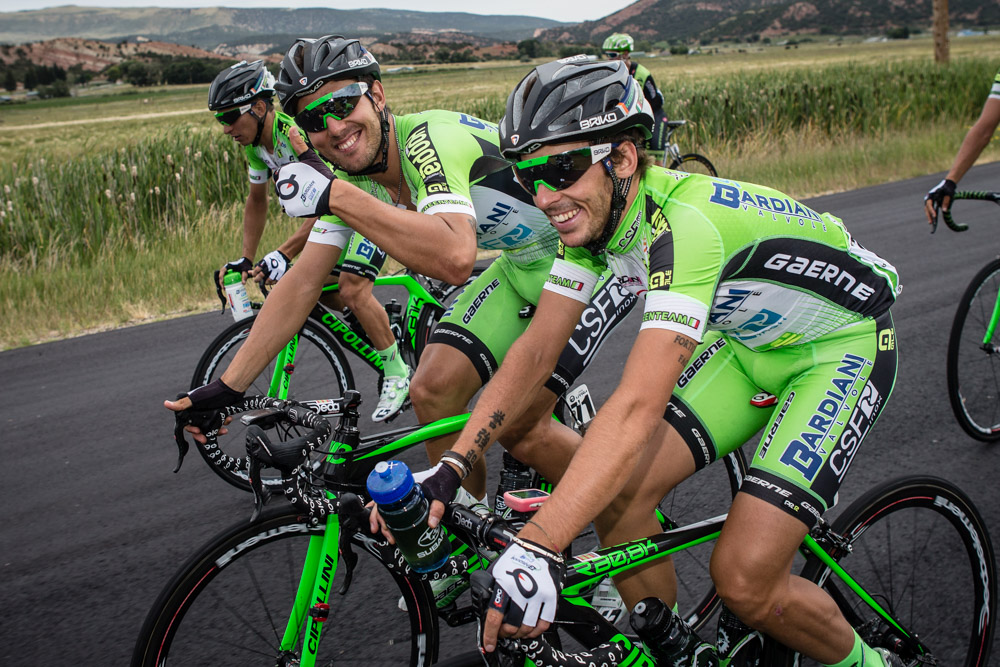
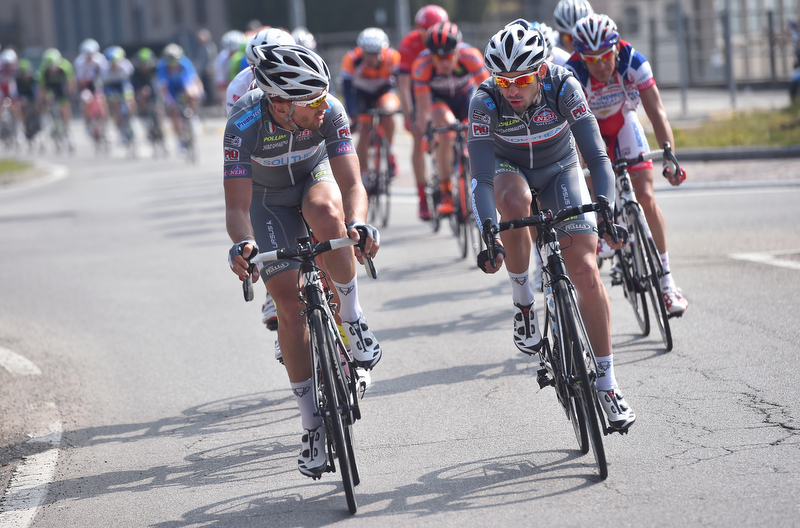
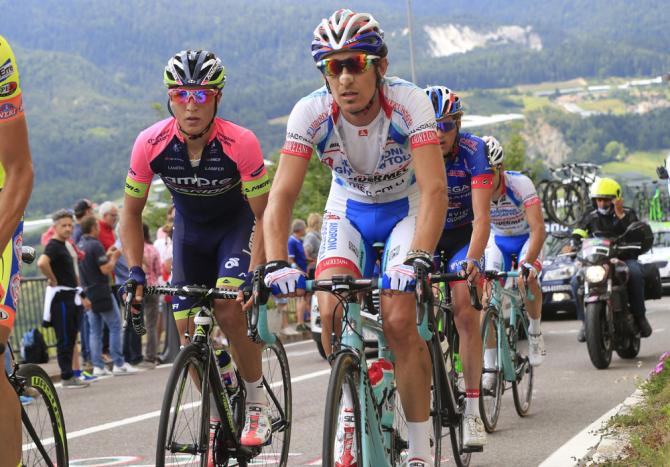
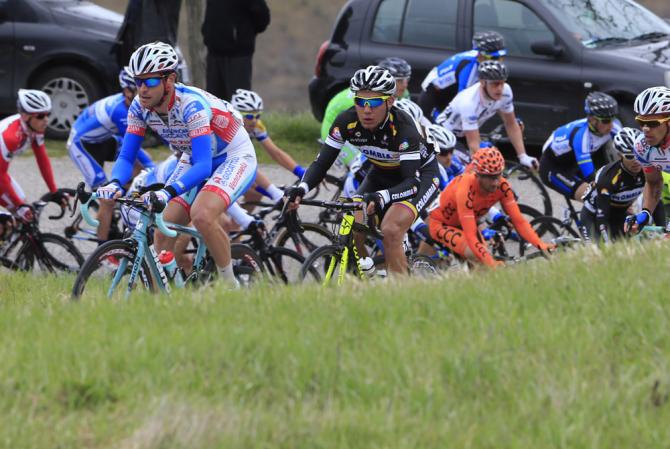
An investigation in Italian newspaper Corriere dello Sport by renowned journalist Marco Bonarrigo has claimed that numerous Italian riders pay to obtain contracts with teams, with some forced to give back part of their official salary via secret bank accounts and illegal contracts.
Team managers from the Southeast, Bardiani-CSF and Androni-Sidermec all denied the practice but several rider agents admitted that the system is widespread, with one agent, who wished to remain anonymous, admitting that most of the 15 riders he works with pay to race. The investigation focused on Italy. Similar illegal practices are suspected in other countries but are not believed to be as widespread as in Italy.
It seems that riders are so desperate to turn professional after years of riding as an amateur that they are ready to accept virtually any kind of illegal agreement. However, this favours riders who can, or are willing, to pay and weakens the quality of the Italian peloton, while others quit the sport or try their hand with teams in other countries. Italian teams won just one WorldTour race in 2015 and Lampre-Merida is the only team in the WorldTour, while 35 of the best Italian riders preferring to ride for WorldTour based in other countries. Around 150 Italian riders compete for places in Professional Continental or Continental teams in Italy and elsewhere.
The Italian riders' association claims it is trying to fight the problem but can do little if the riders continue to accept the conditions forced on them by teams.
“Most of my riders pay, between 25,000 and 50,000 Euro,” the anonymous agent told Corriere della Sera. “Teams registered in Italy ask for more because they have to pay higher pension contributions, those in the Ukraine or Croatia much less. Sometimes the riders’ parents or relatives pay because they want a professional rider in their family. Sometimes a ‘friendly’ company pays and if the sum is high enough can even secure a place on the team jersey.”
Former Tuscan amateur rider Matteo Mammini told Corriere della Sera that he was asked to pay 50,000 Euro to turn professional. He asked the bank for a loan but preferred to use the money to open a bar. Mammini was one of the best Italian riders in 2012, finishing fourth at the European under 23 championships and sixth in the world championships.
The end of a dream
Get The Leadout Newsletter
The latest race content, interviews, features, reviews and expert buying guides, direct to your inbox!
“I built my dream of becoming a professional with ten years of hard work. My dream was destroyed in two hours during a dinner with a well-known Italian team manager,” Mammini said.
“I thought the invitation to dinner was the turning point in my career. The manager knew all about me and my pro contract was all ready. There was just on problem: I’d have to find the 50,000 Euro to cover my wages. I was shocked but the manager told me of eight or nine of his riders who paid their wages. I asked my bank for loan but invested it in opening a bar in Porlezza overlooking Lake Lugano. That’s my job now. My cycling dream ended terribly.”
Rider contracts are officially registered with the UCI, who check the financial structure and viability of a team before awarding an annual licence. However, Corriere della Sera revealed how riders and teams have devised schemes to trick the system.
Riders are usually paid their official salary but then have to pay back half of their salary in cash. The cash is often used to pay team leaders or for other activities. Some managers, apparently, go as far using friends as a front and open joint bank account with the rider. The salary is paid in on one day and then part is taken out the next.
Others allegedly force riders to sign multiple one-year contracts and then rip them up if the rider does not perform well. If the rider secures an offer from another team, perhaps in the WorldTour with a good salary, the manager can force the rider to pay a fee to terminate the contract. One rider apparently paid the equivalent of two years of his salary to move to a WorldTour team.
Teams deny but risk losing invitations to the Giro d'Italia
The Italian team managers denied signing riders who paid to race. “Request like that arrive but this kind of thing doesn’t exist in the Androni-Sidermec team,” Gianni Savio told Corriere della Sera. “At the most we take a rider when a sponsor asks us to, as in the case of sprinter Pacioni.”
Southeast team manager Angelo Citracca justified the signing of Ramon Carretero, even though the Panama rider struggled in races and then tested positive for EPO at this years Tour of Turkey.
“What people have said isn’t true and they’ve dirtied the image of Italian cycling,” Citracca said of the revelations. “How could I refuse to sign Carretero after his father helped find me a (title) sponsor that helped save the jobs of 30 people?”
There was no initial reaction from the Italian cycling Federation but Giro d’Italia race director Mauro Vegni has already warned that at least one Italian team might miss out on a wild card place in the 2016 Giro d’Italia, with the agreement with the Italian Federation to automatically invite the winner of the Coppa Italia race series likely to come to an end.
“If the situation is as bad as reported, the Federation and the authorities have to intervene and the riders have to collaborate,” Vegni told Corriere della Sera. “We’re not obliged to invite a team to the Giro d’Italia just because they’re Italian. We study the team’s projects and to be honest I’ve seen very few good projects in Italy. We had four Italian teams in the 2015 Giro d’Italia but there will be fewer in 2016.”

Stephen is one of the most experienced member of the Cyclingnews team, having reported on professional cycling since 1994. He has been Head of News at Cyclingnews since 2022, before which he held the position of European editor since 2012 and previously worked for Reuters, Shift Active Media, and CyclingWeekly, among other publications.